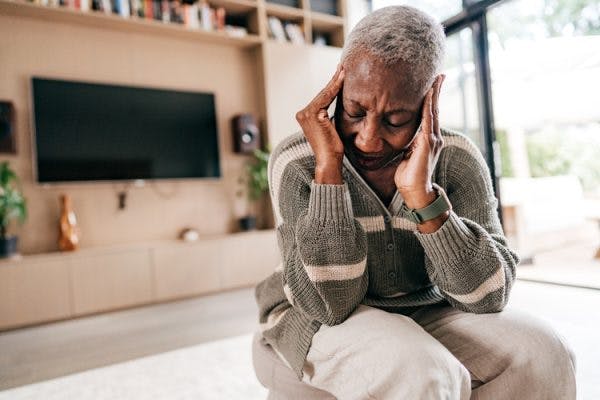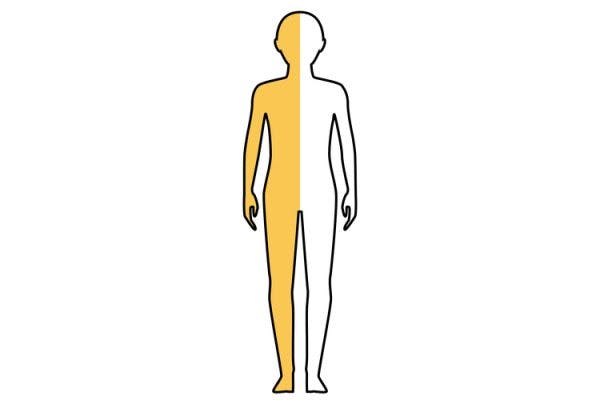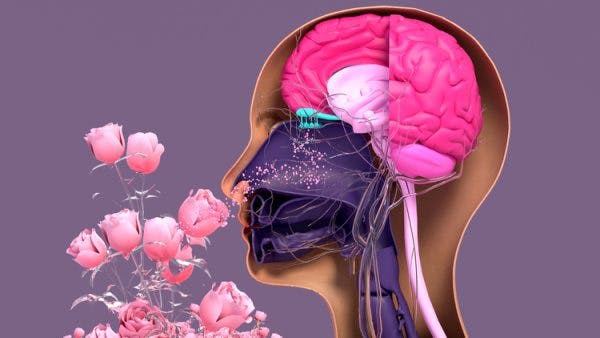
Headaches After Brain Injury: Types, Causes, and Treatments
Headaches after brain injury, also known as post-traumatic headaches, are one of the most frequently experienced effects of brain injury. While all traumatic brain injury

Headaches after brain injury, also known as post-traumatic headaches, are one of the most frequently experienced effects of brain injury. While all traumatic brain injury

Is vomiting after head injury a dangerous sign? While dizziness and nausea are typical effects of head injury, vomiting can be a sign of a

Is there a link between brain injury and dementia? This is a common question among traumatic brain injury (TBI) survivors and their family members. While

Following a brain injury, it is possible that individuals may experience muscle weakness or paralysis. Brain injury paralysis can affect one or more areas of

Lack of insight, also known as anosognosia, often causes significant problems for people affected by brain injury. This is because this secondary effect may impair a person’s

Various cognitive and behavioral changes that impact one’s personality or emotions may occur following a brain injury. These changes can be referred to as the

Left hemiplegia describes paralysis of the left side of the body due to neurological injury. This secondary effect commonly occurs following a stroke or traumatic

Agitation is a common behavioral complication that can occur after traumatic brain injury. Typically, agitation develops during the early stages of brain injury recovery. However,

Anosmia refers to the complete loss of smell and can be caused by many neurological conditions, including head injury. Although anosmia affects around 20% of

Apraxia is a neurological disorder that interferes with the ability to properly execute a movement. This can make it challenging for an individual to perform


Take the first step towards recovery.